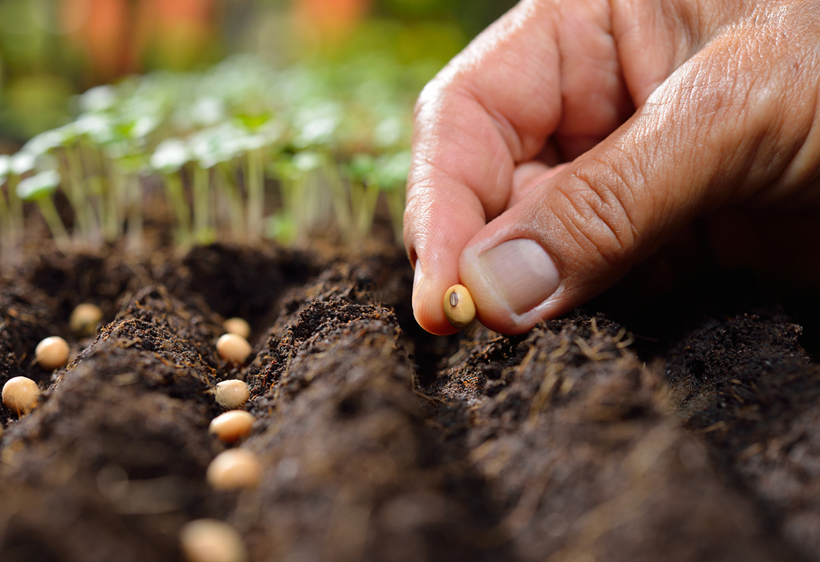Introduction and Background
Zimbabwe has not been spared from the impacts of COVID-19, a pandemic that has seen the world grappling with this global emergency requiring immediate and sustained action. As of the 16th of April 2020, Zimbabwe conducted 583 tests. The country has twenty-four confirmed cases, including two recoveries and three deaths. In a bid to manage the spread of the disease, Zimbabwe like several countries has implemented a 21-day lockdown while encouraging citizens to observe social distance in public places and handwashing with soap and running water or using alcohol hand sanitizers. The President of the Republic, Emmerson Mnangagwa classified the agriculture sector as an essential service sector in the promotion of food security in the country during and after the lockdown. This sector is of strategic importance to the country’s economy given its massive contribution to employment, strategic linkages to other industries and the country’s Gross Domestic Product.
COVID-19 has also revealed the longstanding business and human rights issues affecting the agriculture sector which for many years ZELA has advocated that it be resolved in accordance with long-standing international standards on responsible business conduct in agriculture supply chains. As an organisation, ZELA works with large scale, smallholder and communal farmers and communities to promote sustainable and equitable use of agricultural resource and promoting responsible business practices. Despite being designated as an essential services sector, there is no doubt that the coronavirus has brought disruptions within the sector among large-scale farmers, smallholder farmers, communal farmers, farm workers and the community at large. This Situational Report will give an update on a mix of developments, responses, compliance levels, legal developments and impacts of COVID-19 on the agricultural sector. However, it is by no means exhaustive of developments in the sector. This is a product of information gathered from smallholder farmers who directly work with ZELA, farmers unions, farm workers unions, partner organisations, media reports and public statements, pronouncements and or guidelines by Government Ministries and or Agencies. The use of electronic data collection platforms has enabled our communities, stakeholders and partners to collect the data whilst adhering to COVID-19 preventive measures like social/ physical distancing.


